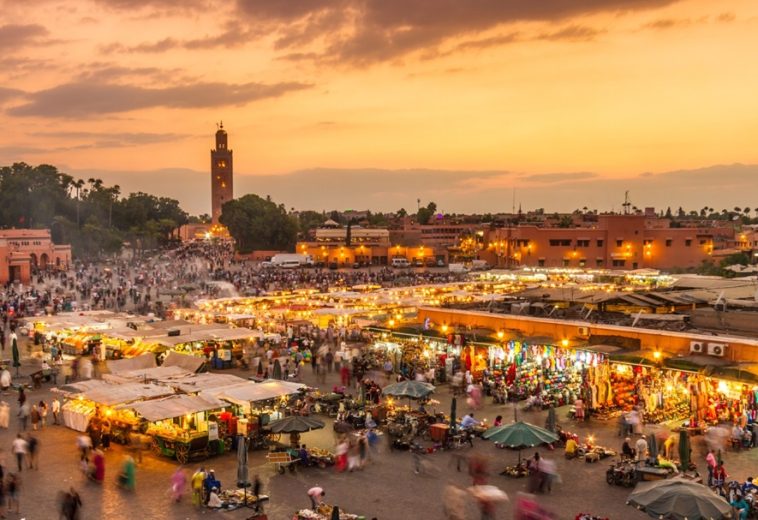In today’s digital age, the internet has become an essential driver of economic, social, and political progress worldwide, and Africa is no exception. The continent has made significant strides in bridging the digital divide across its growing population and evolving economy. However, an urgent need remains to enhance digital connectivity and improve access to technology to match its global counterparts and facilitate sustainable development.
Africa has a population of over 1.4 billion people, with nearly 60% living in rural areas where access to reliable digital infrastructure is limited. According to the International Telecommunication Union (ITU), only 28.2% of the population had internet access in 2020. This figure increased to 43% in 2021, but a substantial gap persists between urban and rural areas.
READ ALSO: Trade Without Borders: Africa’s Digital Marketplaces Go Global
Despite these challenges, Africa is poised for substantial growth in digital adoption. Mobile phones, particularly smartphones, have already become ubiquitous across the continent due to their affordability, portability, and capacity to provide access to a range of services, from financial transactions (mobile money) to educational resources. Nevertheless, the infrastructure necessary to fully realise the potential of digital technologies remains underdeveloped.
Increased digital connectivity holds immense potential for Africa’s development. By leveraging technology, the continent can accelerate economic growth, enhance educational systems, improve healthcare access, and foster social inclusion. Access to high-speed internet and modern technology is essential for boosting productivity across industries. For instance, small businesses in rural areas can reach broader markets through e-commerce platforms, while farmers can access weather data, market prices, and agricultural techniques via mobile phones.
Online learning has already proven to be a lifeline during the COVID-19 pandemic, and its continued expansion could provide millions of Africans with access to high-quality education and vocational training. This is especially critical for bridging the skills gap and preparing young people for the jobs of the future. Telemedicine and health-tech innovations can enable individuals in remote areas to consult doctors online, access medical records, and receive crucial information about diseases and treatments.
Addressing the Barriers to Connectivity
While the benefits of improved digital connectivity are clear, significant obstacles must be addressed. These include:
Expanding Infrastructure: Governments must prioritise constructing robust digital infrastructure, including fibre-optic cables, 5G networks, and satellite systems. The African Union’s “Digital Transformation Strategy for Africa 2020-2030” emphasises the importance of investment in broadband networks as part of efforts to achieve universal digital access.
Affordable Internet Access: One of the largest barriers to connectivity is the high cost of internet access. In many African countries, data prices are prohibitively high, limiting ordinary citizens’ ability to participate in the digital economy. To address this, governments and the private sector must focus on reducing data costs and increasing competition among telecom providers.
Digital Literacy and Inclusion: Access to technology alone is insufficient; digital literacy is essential for meaningful change. Governments and NGOs need to invest in educational programmes that teach people how to use digital tools and platforms effectively. Ensuring that women and marginalised groups are included in these programmes is critical, as gender disparities in digital access are widespread across the continent.
The digital divide in Africa is both a challenge and an opportunity. With the right investments in infrastructure, affordable access, and digital literacy, Africa can overcome traditional development barriers and emerge as a leader in the digital age. By improving digital connectivity and access to technology, Africa can unlock a future of inclusive growth, innovation, and prosperity for its people.


